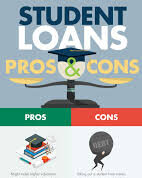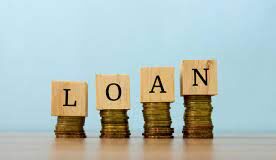borrowers can take advantage of the payment pause, for now, and consider whether to consolidate or refinance their outstanding loans.
If you have several different loans, consolidating could help streamline and simplify your payment into one monthly bill.
You could also choose to extend the terms beyond the standard 10 years to lower your monthly payments. Although, if you extend the term of the loan, you ultimately will pay more interest on the balance.
However, if you’re under an income-driven repayment plan, or if you’ve made payments toward public service loan forgiveness, consolidating your current loans could cause you to lose credit toward those programs.
The Biden administration has relaxed the rules around public service loan forgiveness with a limited waiver, which means some of your past payments may now count toward loan forgiveness. This temporary waiver entitles more borrowers to the cancellation,
Otherwise, you could refinance your student loans at a lower interest rate to decrease your debt load.
“If you have private loans, nothing should stop you from refinancing if you find a lower rate,” said higher education expert Mark Kantrowitz. “You just want to be careful not to refinance into a variable rate because those have nowhere to go but up,” he added.
Private loans may be fixed or may have a variable rate tied to Libor, prime or T-bill rates, which means that when the Federal Reserve starts to raise rates from essentially zero, borrowers with private loans will pay more in interest, although how much more will vary by the benchmark and the terms of the loan.








